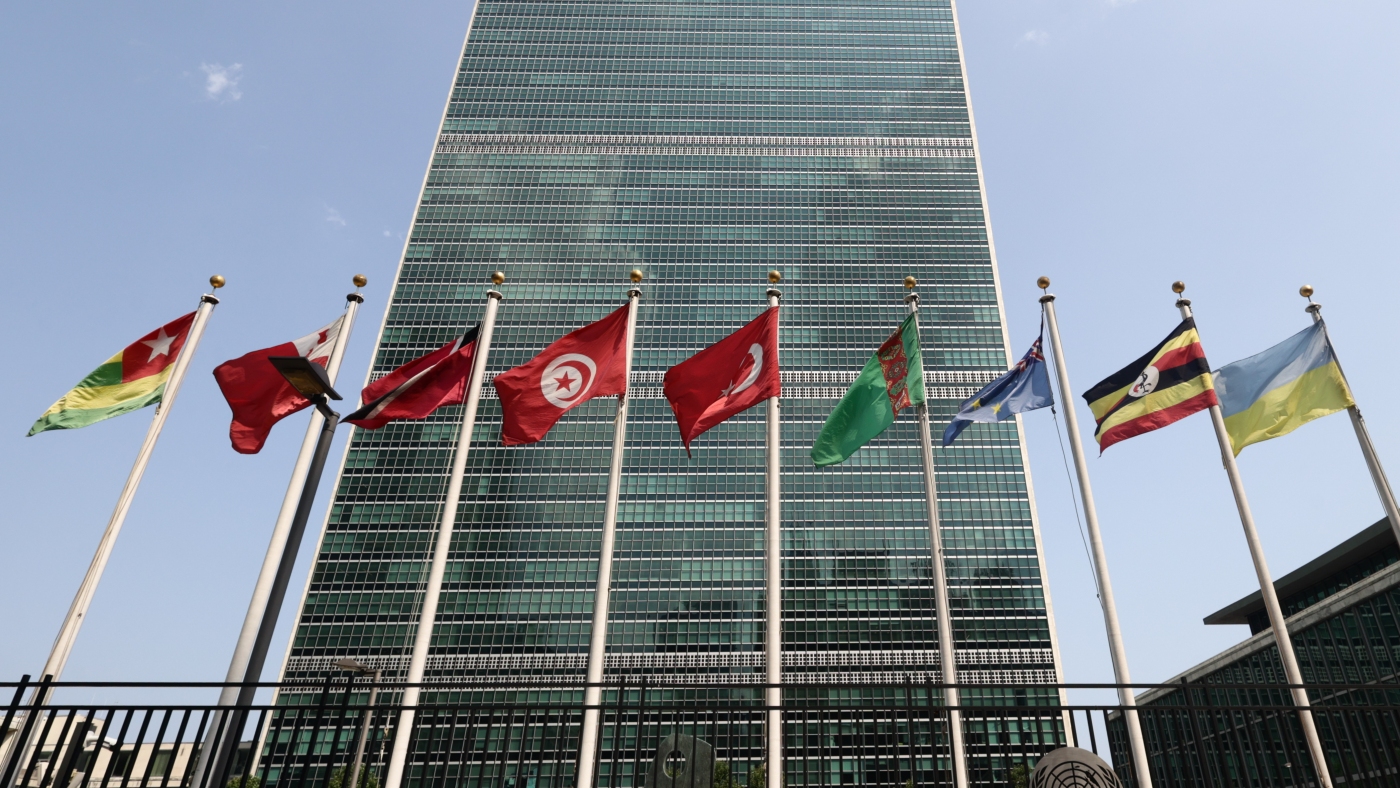
"Dr. Solomon Zewdu is based in South Africa and he says the thing that struck him most this General Assembly is that global health leaders are "talking in silos." "We're not hearing each other," he says. Some are having conversations about how dependent countries are on aid, while others are lamenting the cuts. "But now, what's the next step? Let's move on. There's urgency. Time kills people," he says. He's afraid "everybody's going to scatter, and then we might wait for the next summit to happen and, in between, people dying, people's health is being compromised.""
"Murugan left the General Assembly enthused by the new U.S. global health strategy and its emphasis on bringing private-sector companies back into the global health arena. "In the past, the private sector has been seen as, in some cases, tangential, in other cases, as an opponent," she says. She argues for-profit businesses have a lot to offer. "There is the bottom line and that's always going to exist but there are also broader objectives." She says they have a lot of kn"
Attendees at the U.N. General Assembly conveyed deep anxiety about recent U.S. foreign aid reductions and their potential impact on global health programs. Leaders reported fragmented, siloed conversations that risk delaying coordinated responses and compromising care. Several speakers emphasized urgency, warning that pauses between summits and scattered actions will cost lives. The new U.S. global health strategy highlighted renewed private-sector engagement, with proponents asserting that for-profit companies can contribute resources, innovation, and broader objectives beyond profit. Voices called for immediate, collective steps to sustain programs and prevent deterioration of health outcomes.
Read at www.npr.org
Unable to calculate read time
Collection
[
|
...
]